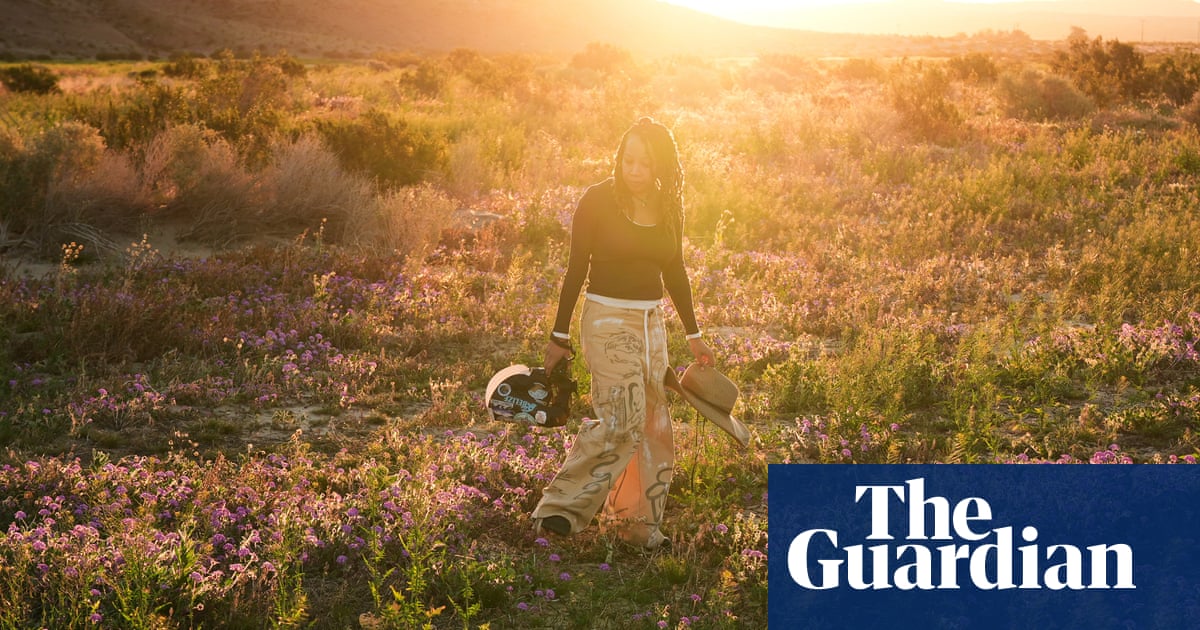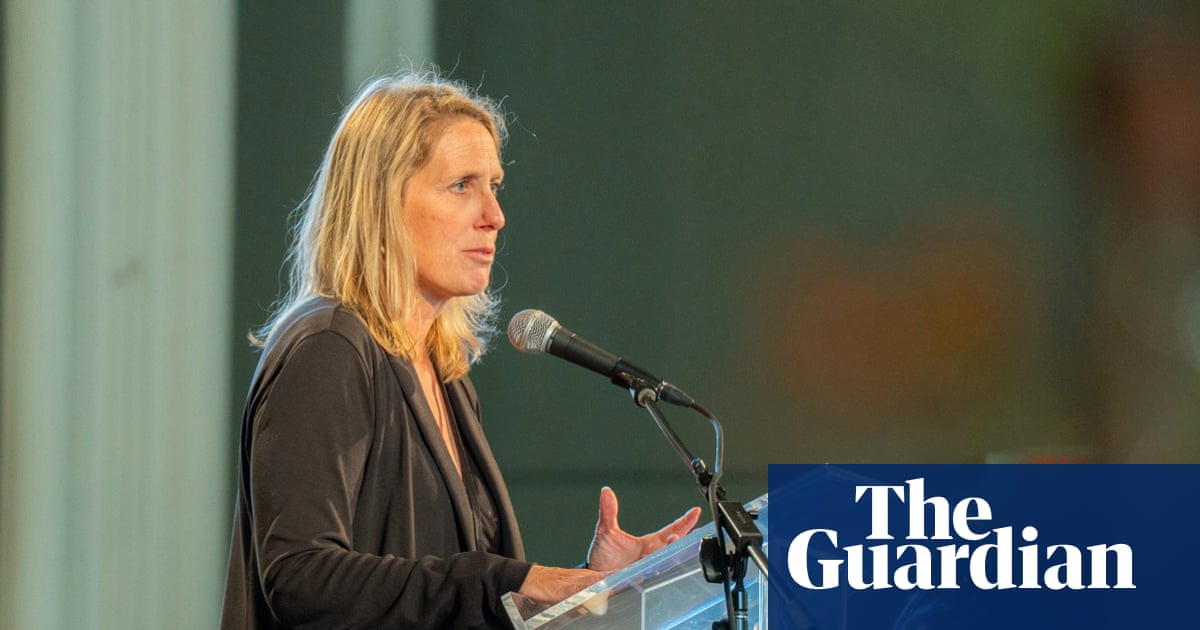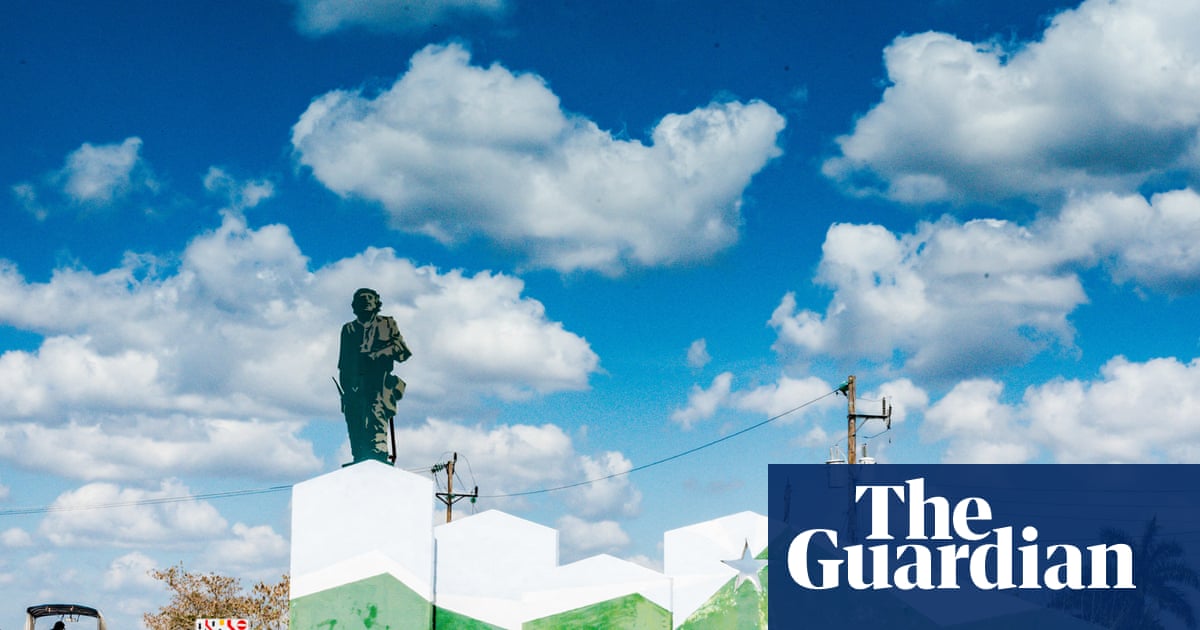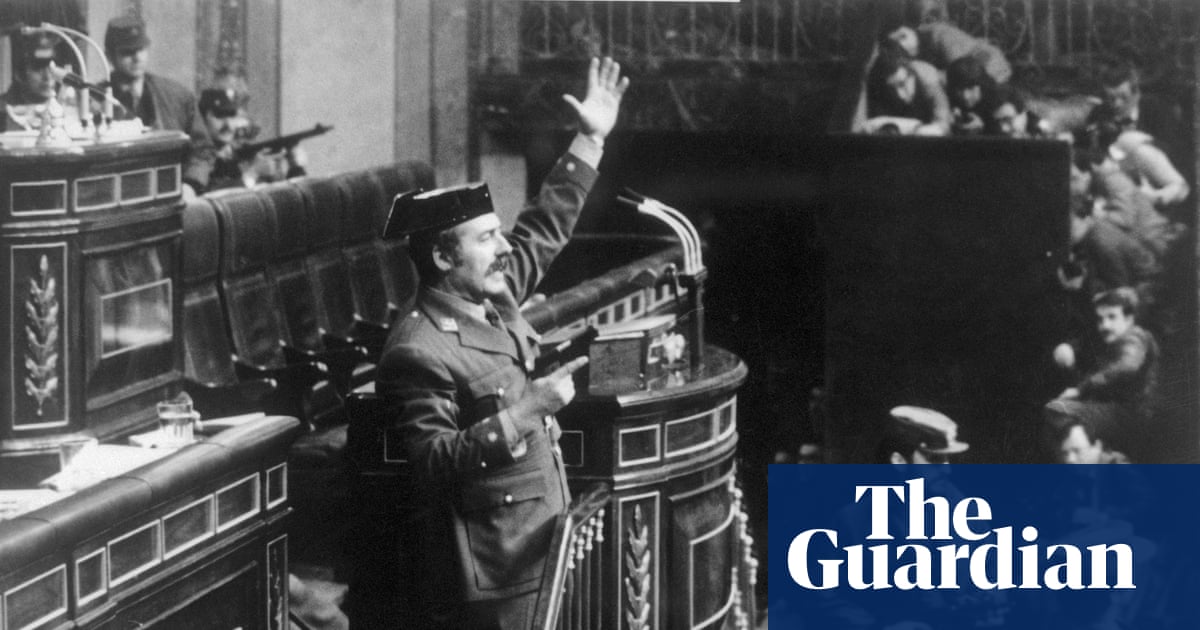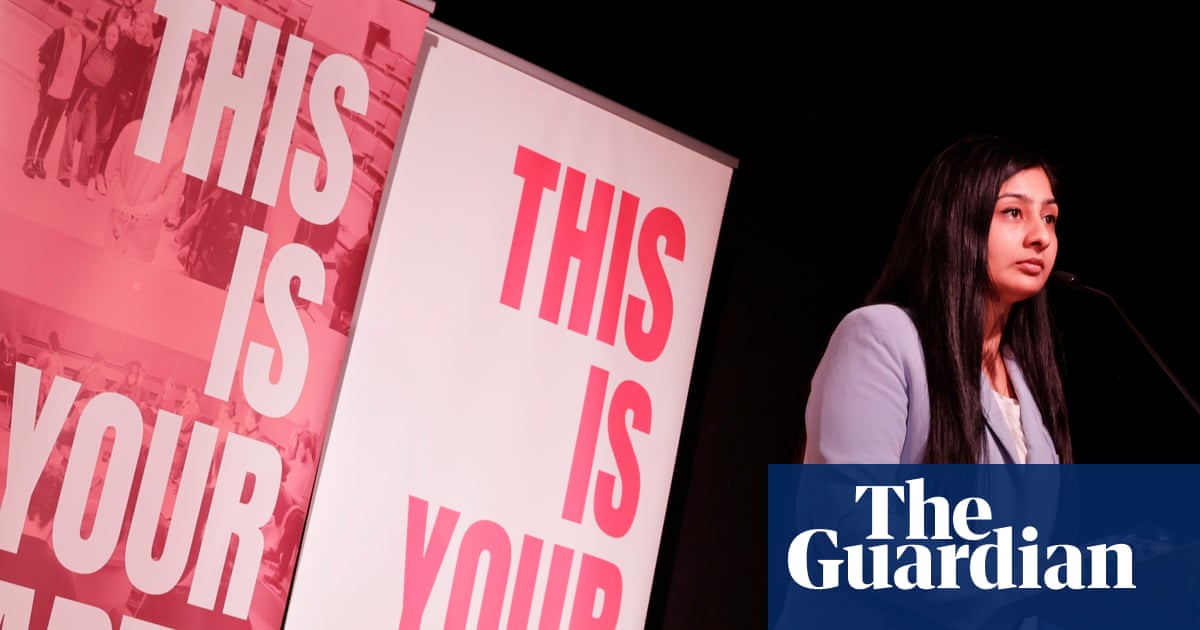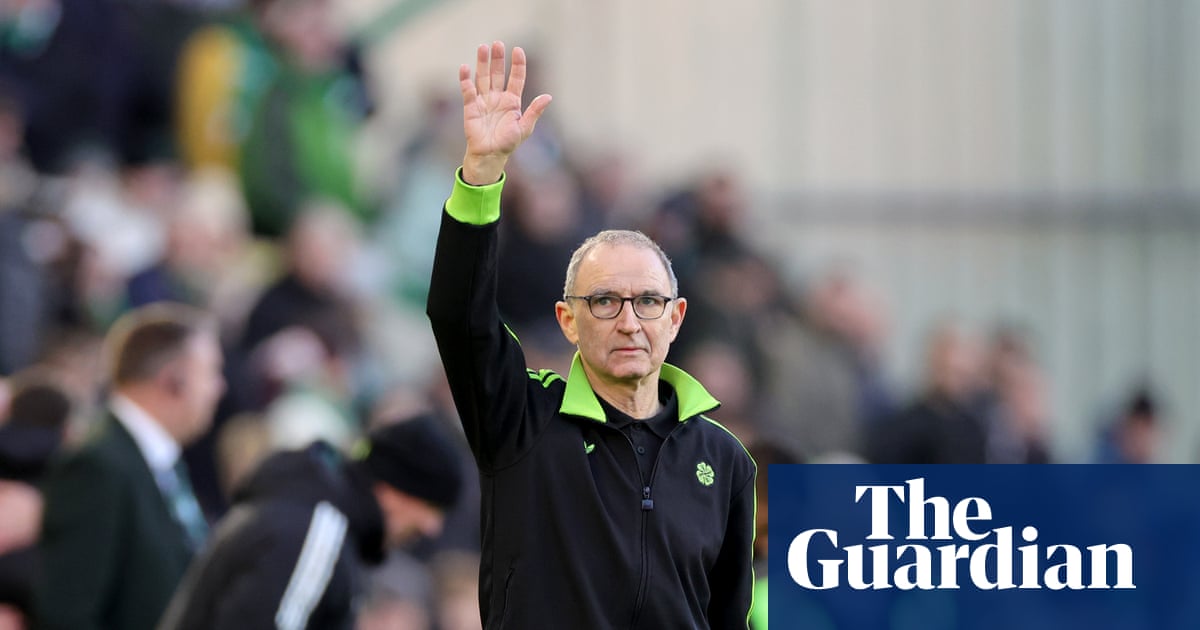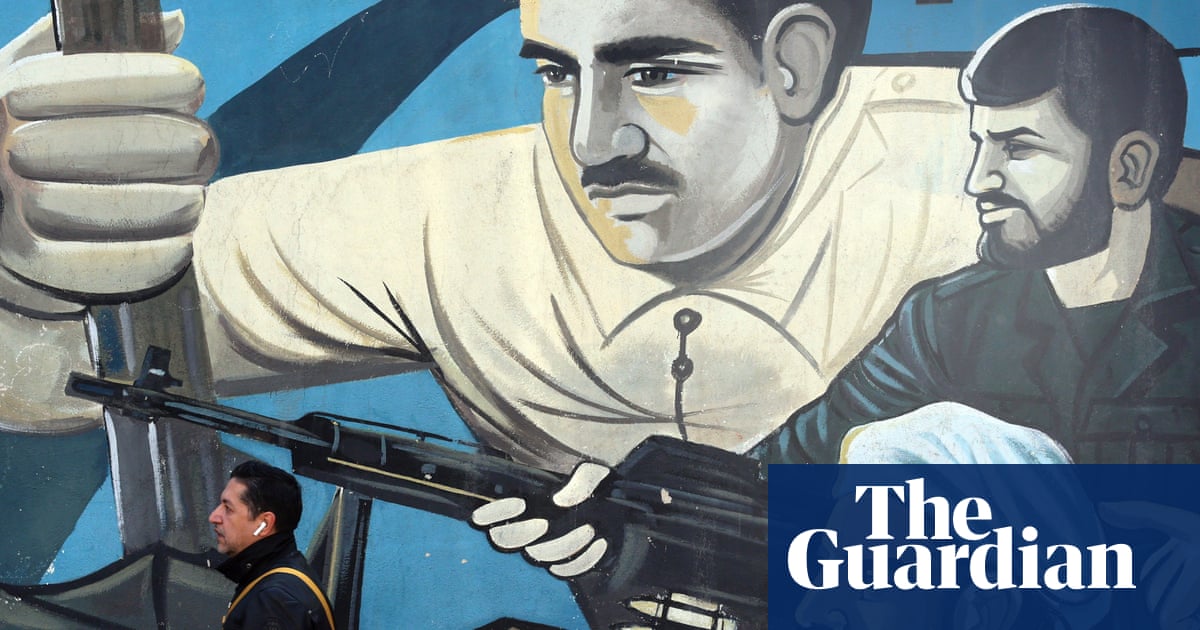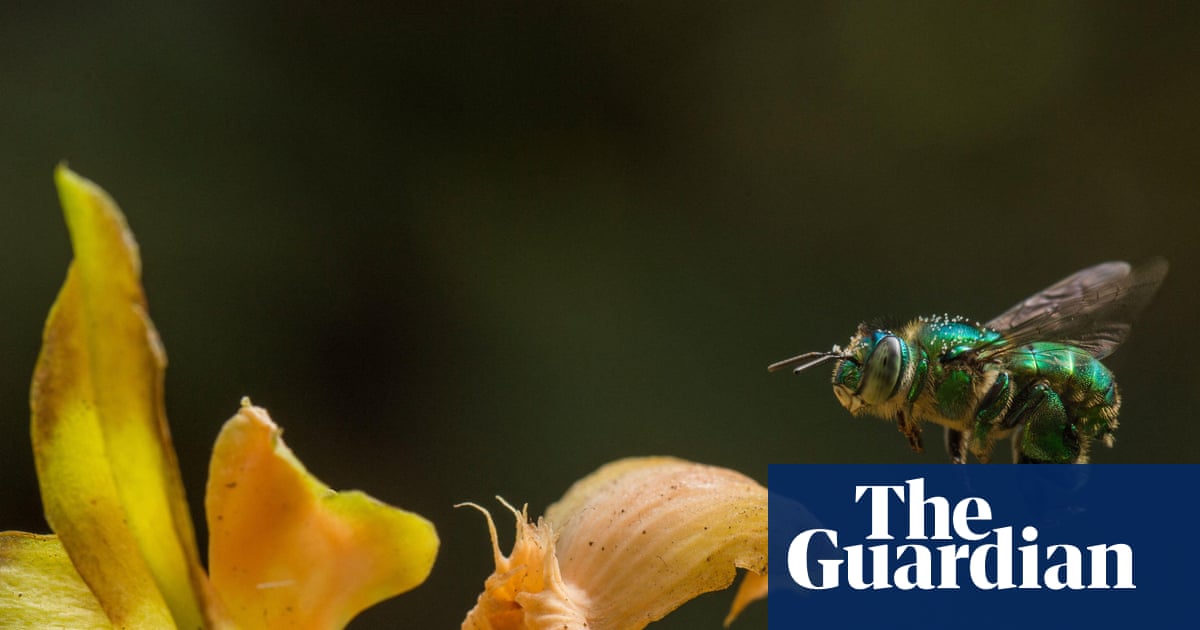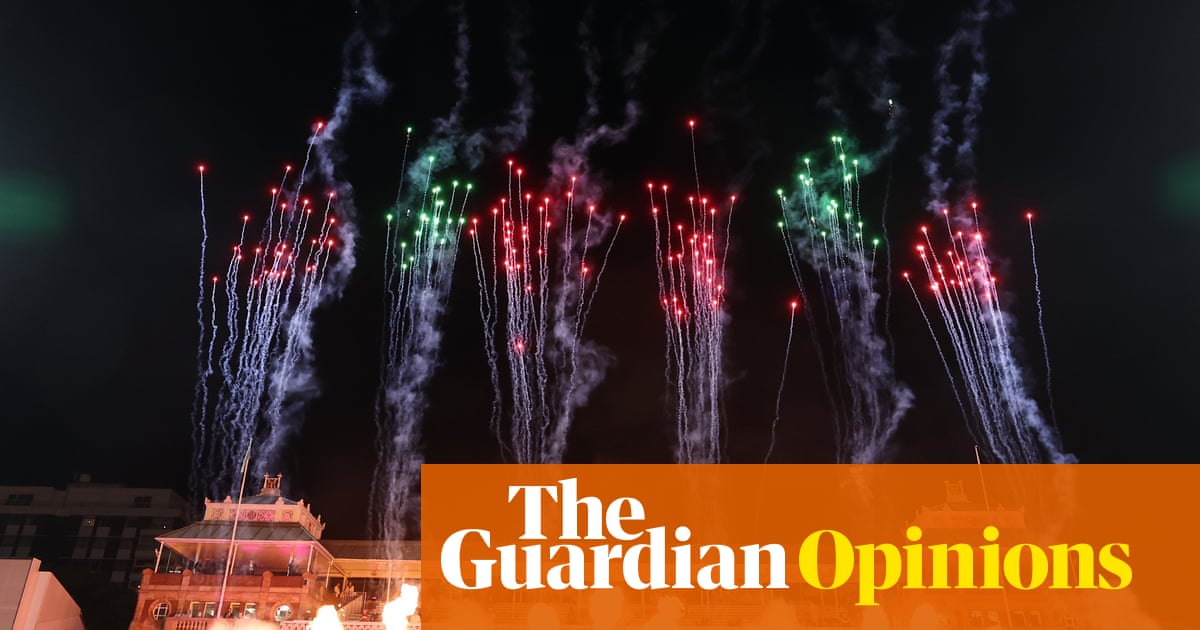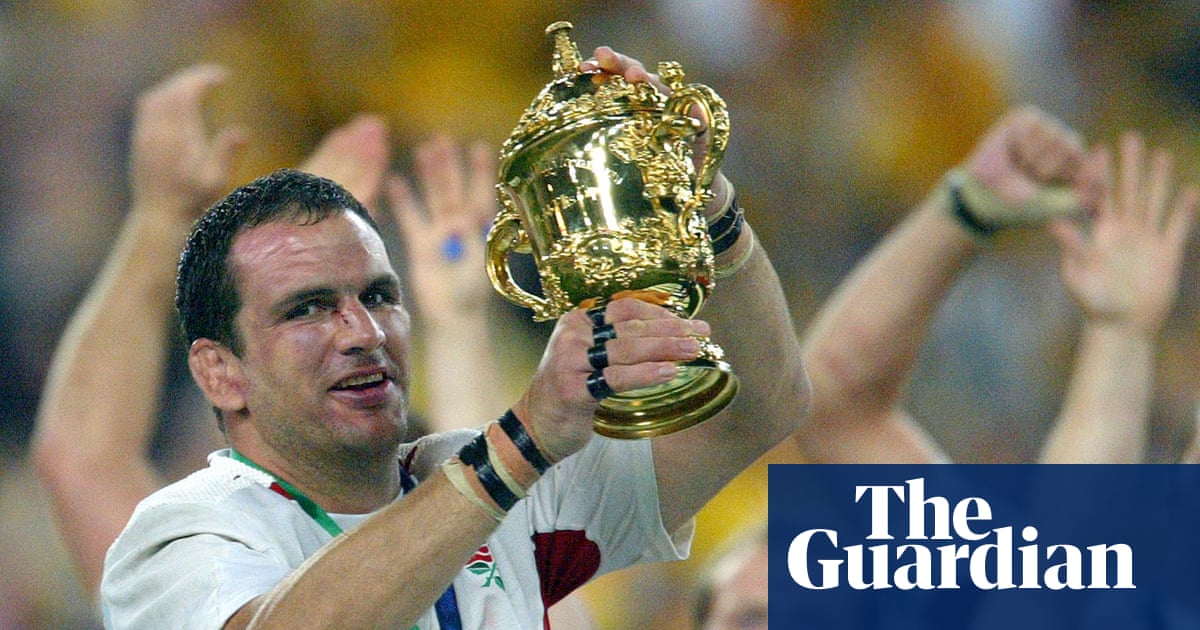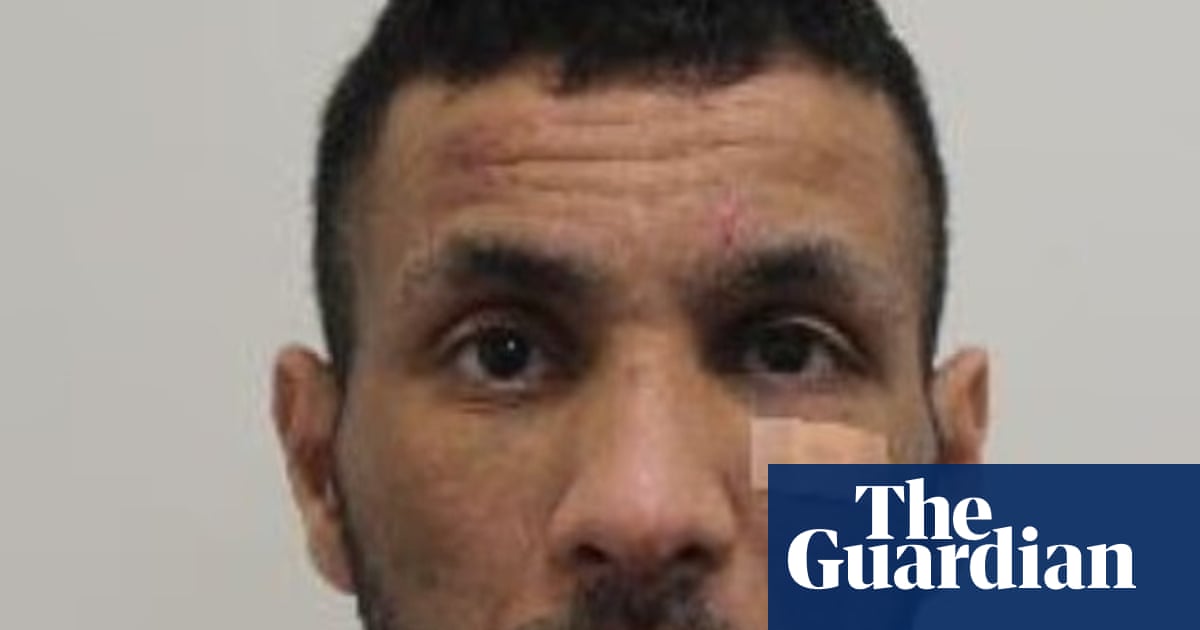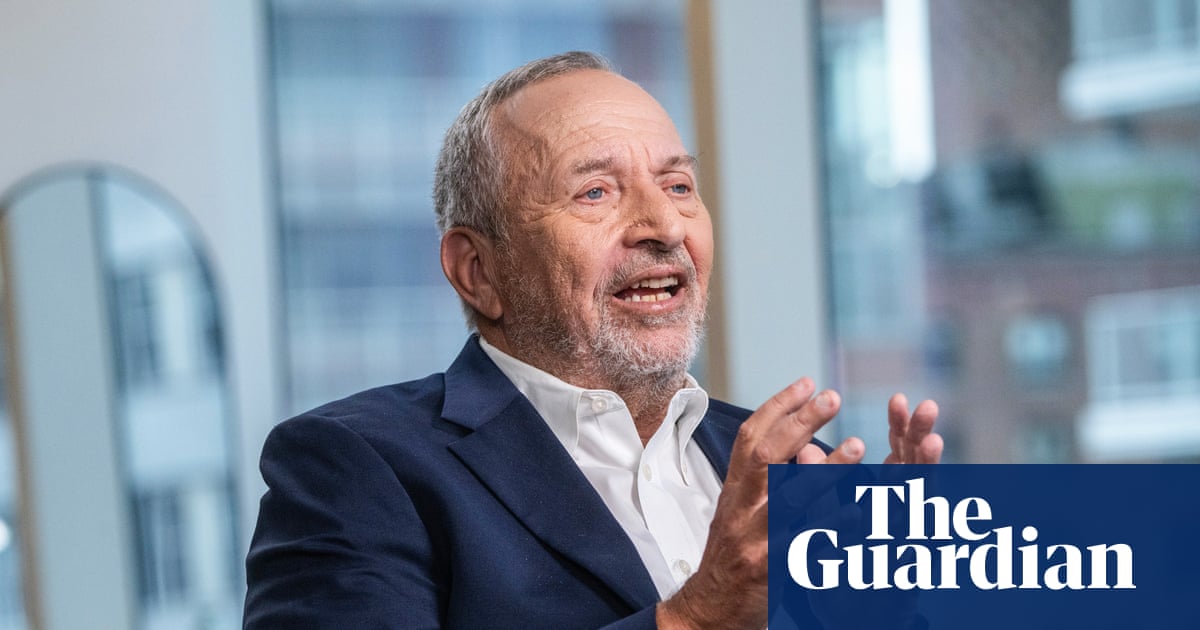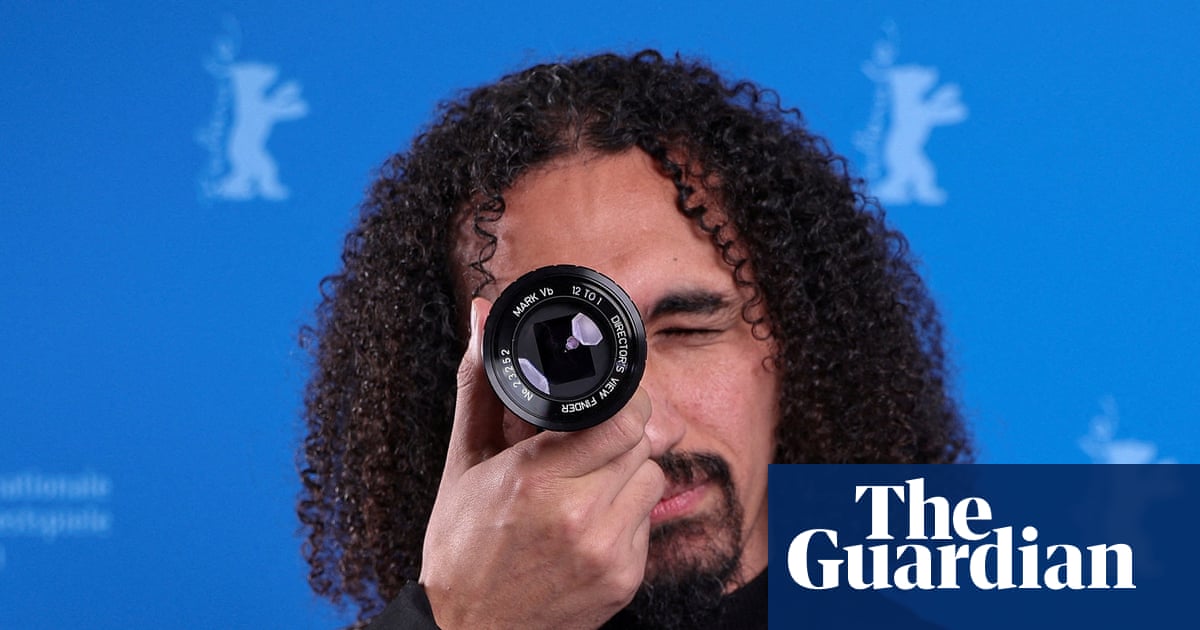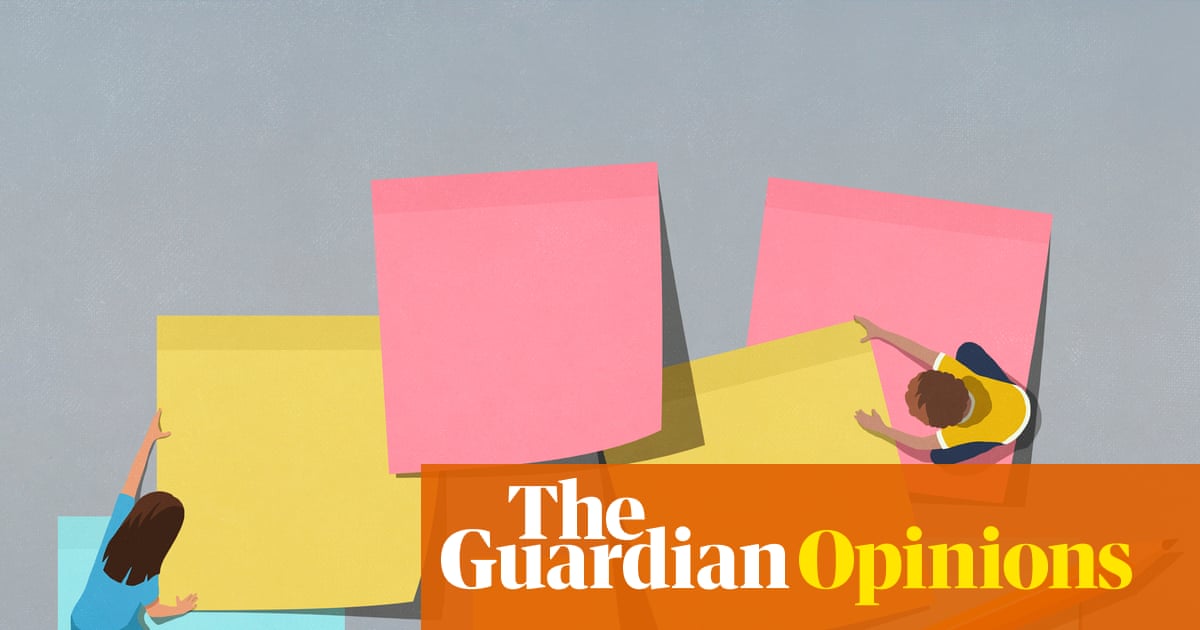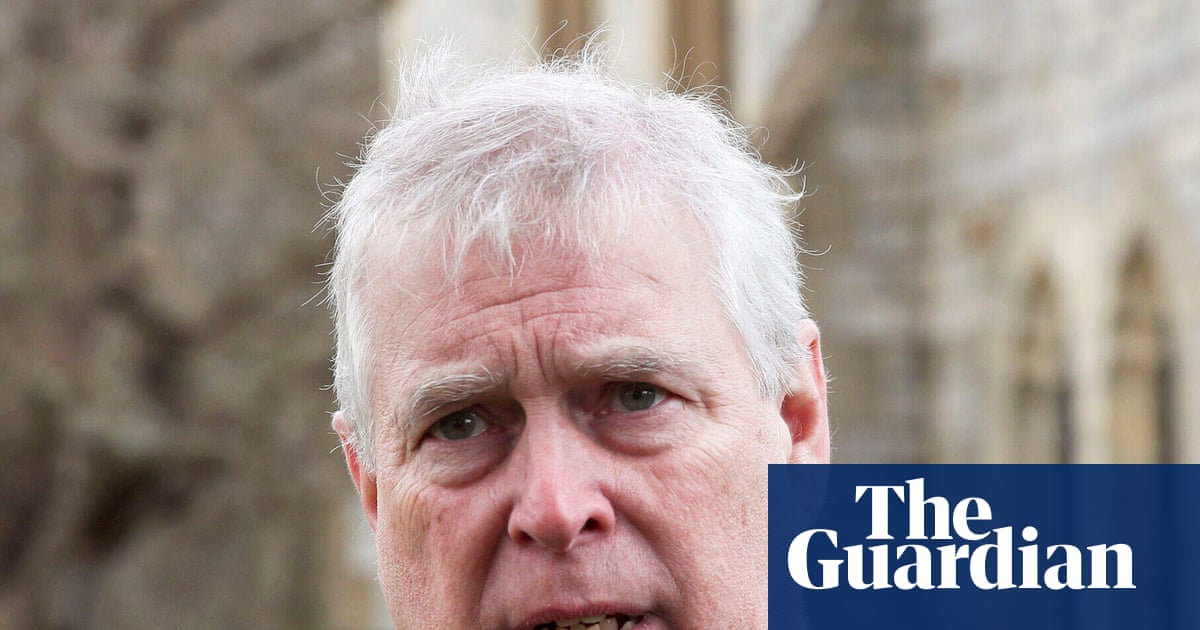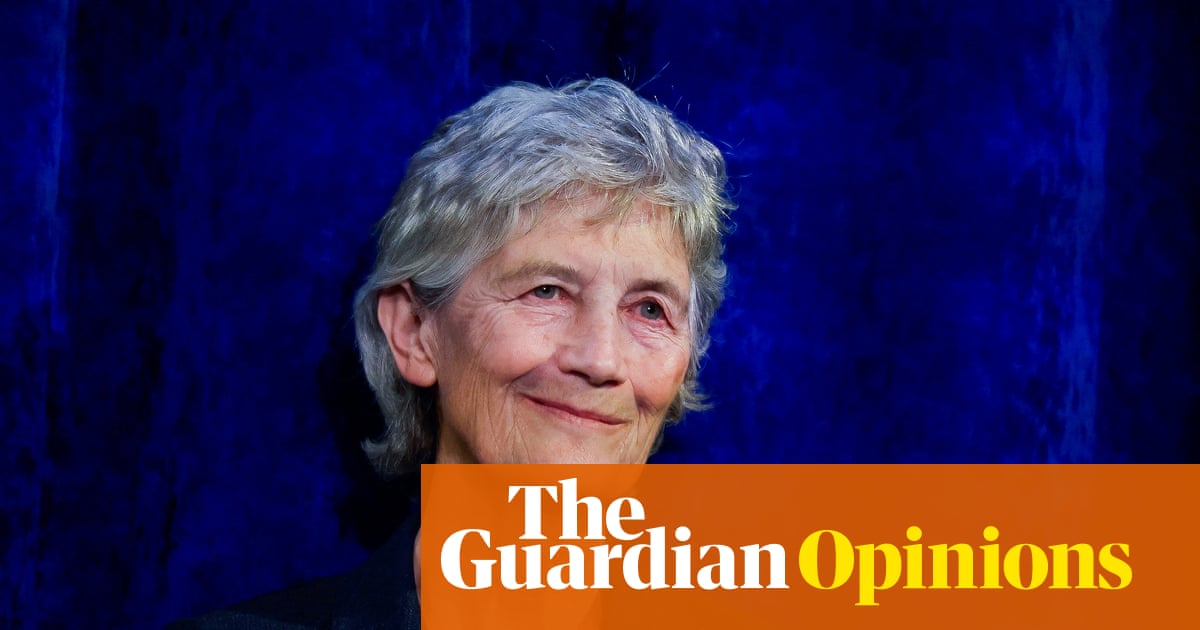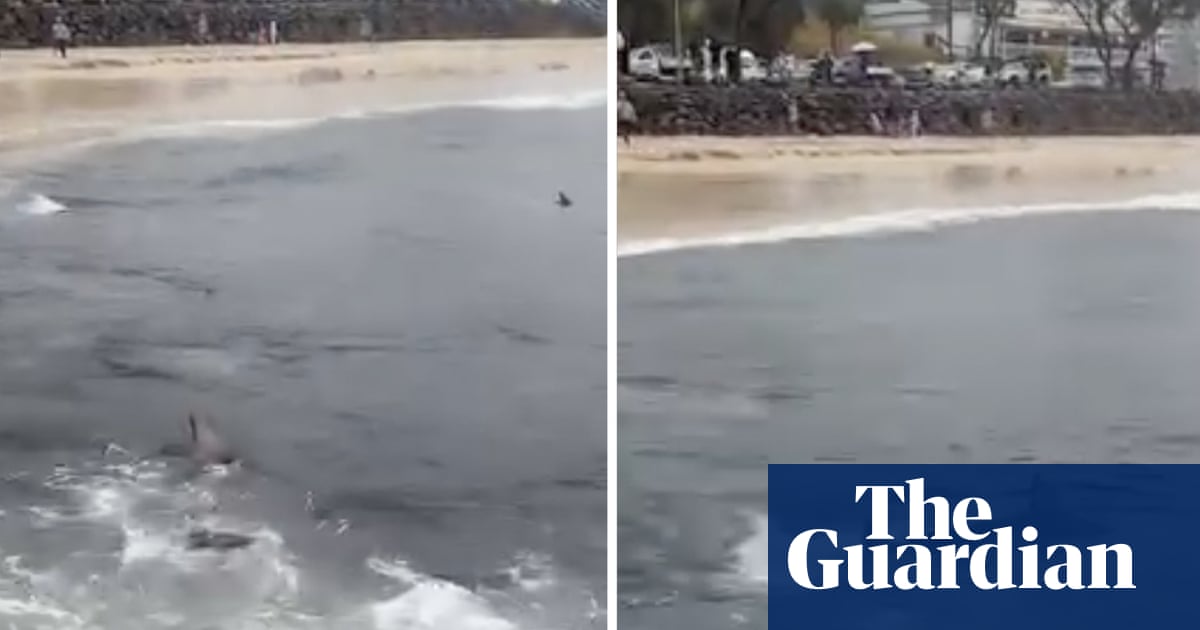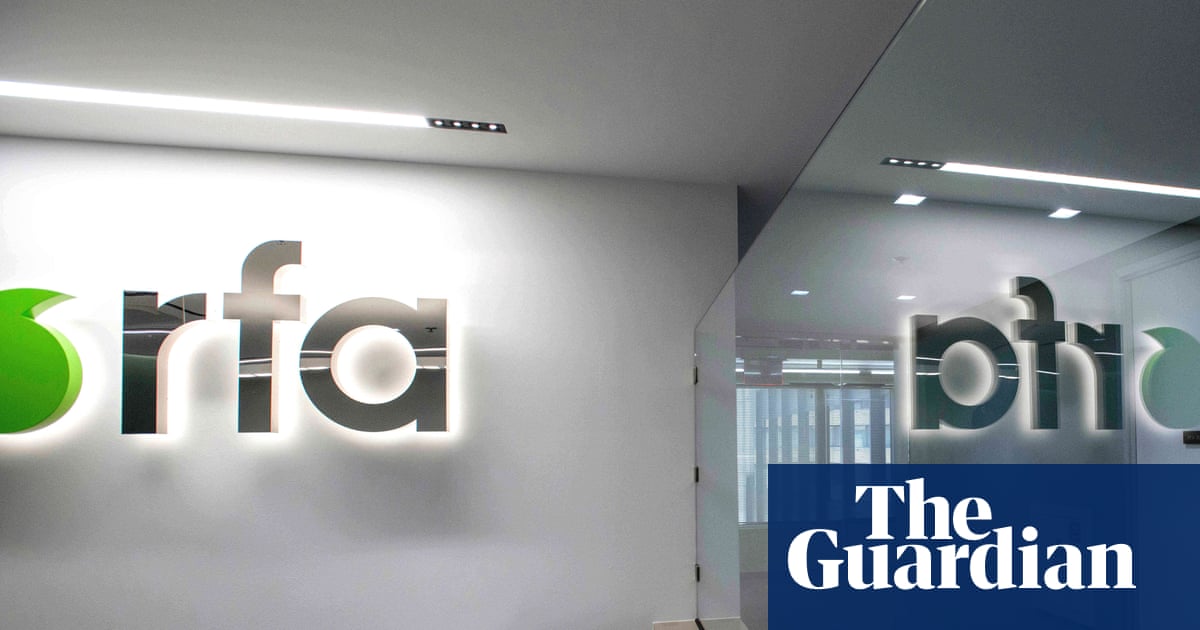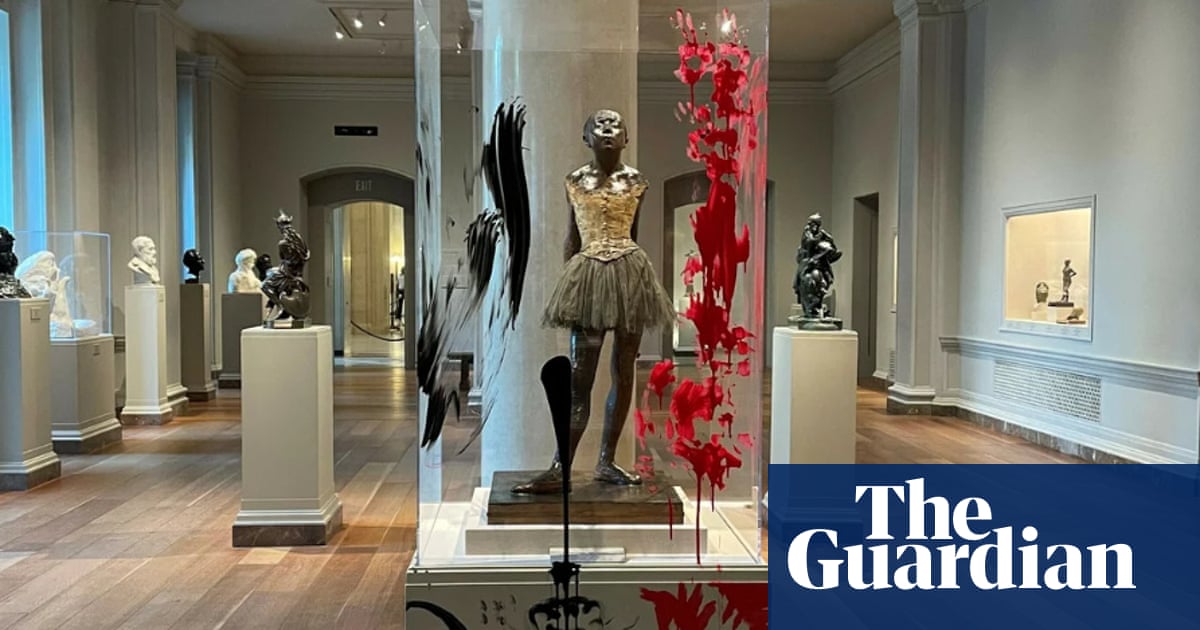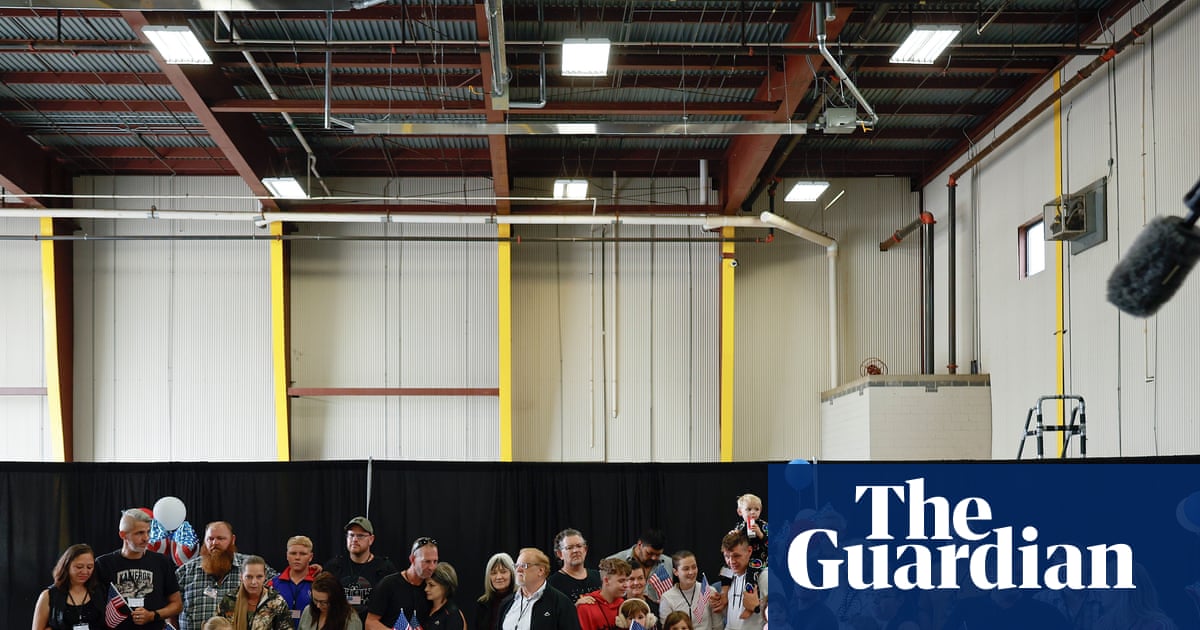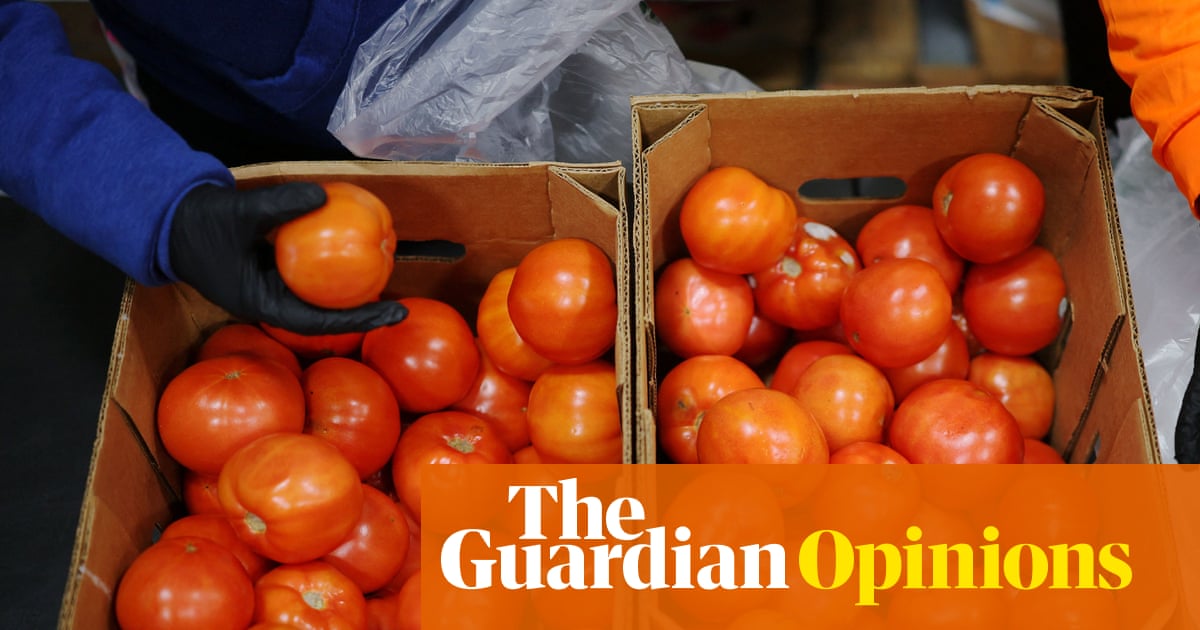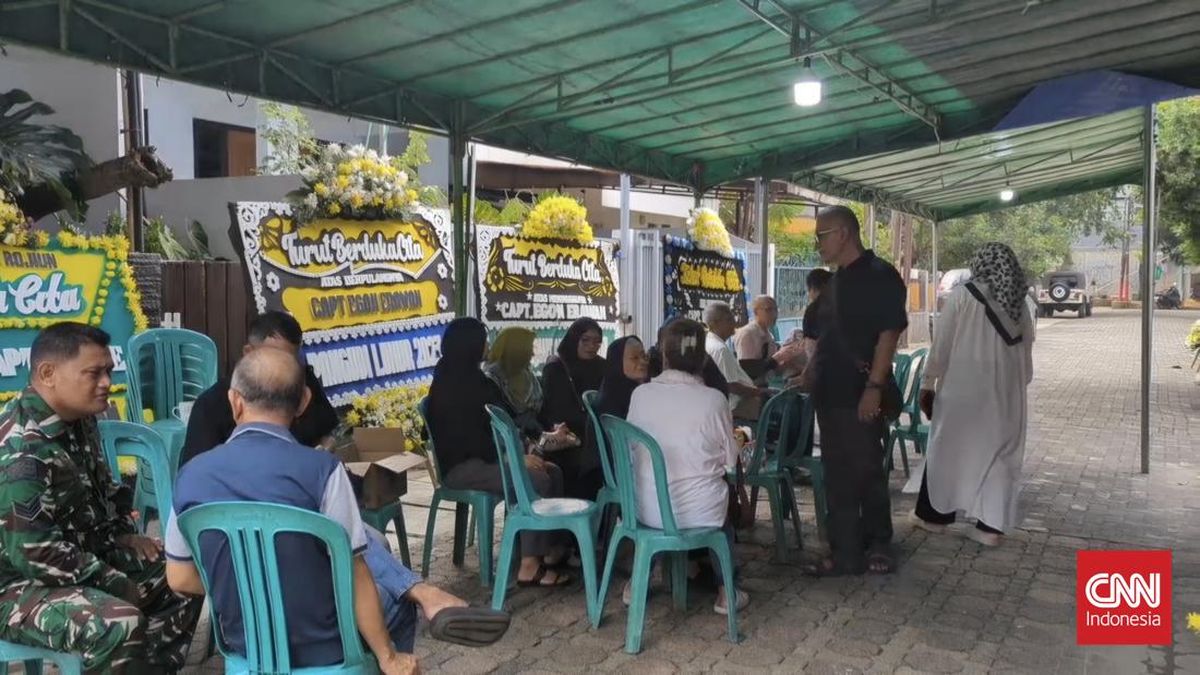When Claire Throssell held her dying son Jack in her arms, she made him a promise: that no more children would die in the circumstances he had – at the hands of a violent parent, on a court-ordered unsupervised visit.
Jack and Paul, then aged 12 and nine, were killed by their father 11 years ago, when he lured them into the attic with a new train set, barricaded the house shut and used Throssell’s possessions to set 14 separate fires.
“When I held him in my arms, just like I did Paul,” she said, “I made him one last promise. I said to him: ‘No more children are going to die like you.’”
Last week, on the anniversary of the fire, she was invited to meet the prime minister in Downing Street, as the government announced that it planned to repeal the presumption that children should have contact with both parents, under which decisions are made in the family court.
It was guided by this presumption that a family court judge had made the decision to allow Throssell’s ex-husband unsupervised access to their children, despite her warnings that he had threatened to harm both her and them.
That evening, Throssell had returned home from work just after her sons’ father, Darren Sykes, had picked them up. “I missed them by five minutes,” she said. “I was late home, and I missed them for that last hug.”
“Literally, 15 minutes later, there was a knock on the door,” she said, “and, you know, I just knew.I opened the door, and there was a police officer stood outside the door, and the car was flashing in the middle of the road. And I said, ‘What has he done?’”
She was rushed to Sheffield children’s hospital and ran through the doors. “I could see them working on Paul,” she said. “His little body was bouncing off the bed.”
Once she arrived, doctors told her that they were going to let him go. As she held her son, she said police “came in and said, ‘You can’t touch him any more, he’s a crime scene.’”
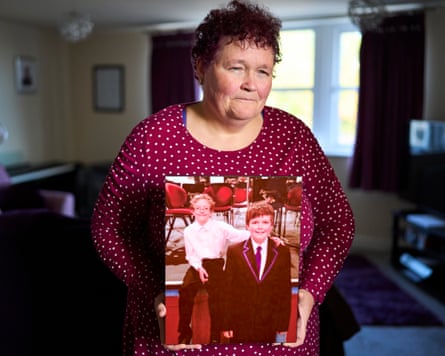
Paul had been overcome by the smoke and fumes from the fire deliberately started by their father, who also took his own life. She later found out that Jack had died trying to save his brother.
“He went back for his brother, and he didn’t leave him,” she said. “Pulled him, and because he was going backwards, he fell through the hatchway into the fires below.”
And after emergency services arrived on the scene, she said, Jack told “as many people as he could” what had happened, before he was sedated: “My dad did this, and he did it on purpose.”
“Even at that point, he wasn’t thinking of himself, he was thinking of me,” she said. “He was thinking of Paul, and five days later, he died believing that he’d saved Paul’s life, because I never told him different.”
A serious case review following her sons’ death said that Sykes’s actions could not have been predicted – a finding that Throssell disputes.
“I told the courts that he’d kill them,” she said. “I told them what would happen. I couldn’t predict how, but I knew he would do it, and I was just minimised, ignored and invisible.”
A Cafcass (children and family court advisory and support service) officer had met with Paul at school, and he had told her his father would make him sit at the table and eat peas until he was sick.
Sykes was granted five hours of unsupervised contact, against the boys’ wishes. They did not feel safe with him, and would spray themselves with her perfume before they left, Throssell said.
“I defy any judge to see children crying and physically holding onto you, physically shaking, and saying they don’t want to see their dad,” she said, “and see how they felt as a parent, having to say to them, ‘You’ve got to go.’”
“As parents, we’re supposed to protect our children, not send them into danger,” she added.
After returning from visits, she said “it’d take at least a day to regulate them again and make them feel safe, get them to smile again, because there were lots of tears.”
“Yes, they weren’t staying overnight, yes, they weren’t there at meal times, but they were still being abused, still being hurt, and he was taking away their childhood piece by piece by piece, and I couldn’t do anything about it.”
After her sons’ death, Throssell was left with nothing; she had spent all of her savings on legal fees fighting to try to keep her children safe. At their funeral, she wore her sister’s shoes, stuffed with newspaper, because they were two sizes too big; she couldn’t afford to buy a pair of her own.
Sykes had cancelled their home insurance before setting the fires, and had written to the bank saying she was responsible for the £50,000 mortgage; the house was eventually rebuilt by community volunteers.
At that point, she said, “I could have given up, hated the world, hated everybody in it, become bitter, give up, die.”
“But then, what about these two?” she asked, pointing to framed photographs of her boys behind her, on the wall of her living room in Penistone, South Yorkshire. “They didn’t deserve that. They deserve a legacy. They deserve to be known.”
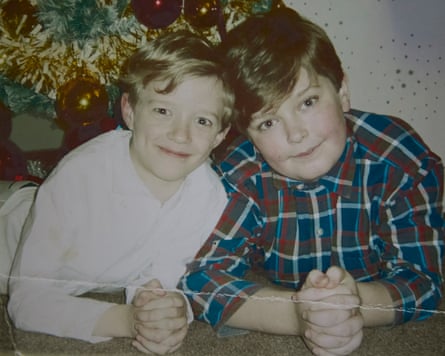
It was when she was at her lowest that the charity Women’s Aid got in touch, she said, and she was “shocked” to discover that her sons were the 18th and 19th children to be killed after a court had awarded contact with a parent.
“After what I experienced in the family courts, I teamed up with Women’s Aid and we started the Child First campaign to repeal presumption of contact,” she said.
“The system is so flawed, it protects bad practice. It protects misogyny, it protects oppression and it protects fear,” she added. “You run away from the fear, you walk into a family court and it’s there again.”
Earlier this year, she asked the charity to produce another report, to find out how many more children had died since Jack and Paul.
“The report said exactly 19 more children, and I sat on the floor there and cried,” Throssell said, pointing to a spot on the floor of her living room in front of an armchair, “curled up and cried, because I’ve still not kept that promise, not just to Jack and Paul, but to every child that’s at risk.”
In the last 30 years, the charity found, 67 children have been killed by a parent who was also a perpetrator of domestic abuse, in circumstances relating to unsafe child contact.
The figures do not include Sara Sharif, who was killed last year by her father and stepmother. The family court had been involved with the family since before she was born.
“We couldn’t have achieved such seismic change without Claire – her dedication, her drive and her courage,”said Farah Nazeer, the chief executive of Women’s Aid.
“Claire has been the central pillar in our campaign work around this,” she added, “and we will continue campaigning and working together until the wellbeing and safety of children becomes ingrained in family courts.”
Cafcass said last week that it welcomed the government’s decision to repeal the presumption of parental involvement.
“Children’s experiences of parental separation, conflict and, in the worst cases, further abuse and harm can be obscured by a legal presumption of contact,” a spokesperson said.
“Putting children’s safety at the heart of family court proceedings that are about them is what we must and will continue to prioritise at Cafcass.”
The news of the government’s decision came out of the blue, Throssell said; she received a call from Women’s Aid asking if she could come down to London because the government was planning to make an important announcement.
Her MP, Marie Tidball, then the Labour candidate, had come up to her at an event at her son’s school, and made her a promise that if she was elected she would fight to repeal presumption of contact. But Throssell didn’t know that it would definitely happen, and she didn’t expect that it would happen so soon.
While repealing the legislation “doesn’t take away the sting of walking into an empty room” – “I have to live with that silence every day,” she said – it has allowed her to keep her promise to her boys. She hopes the new law might even be named after them.
“I came out of Downing Street, and it felt so different knowing that a promise is going to be kept, the last promise that I made to Jack and Paul,” she said.
“When I first walked up that staircase, it was a real mountain to climb, I was still looking at the floor,” she added. “Walking down that staircase, I could finally hold my head up and feel that I’d done something.”

 3 months ago
67
3 months ago
67

